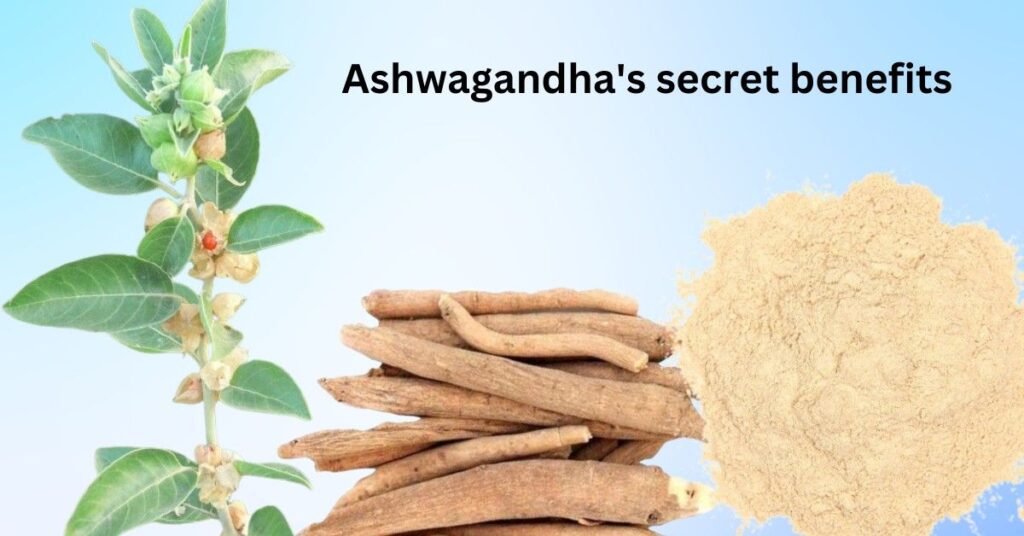Kidney Stones? Avoid These 4 Types of Foods
Understanding Kidney Stones
Discover the causes of kidney stones. Find out which foods to eat and avoid, and understand the key guidelines to follow for prevention and treatment of kidney stones.Kidney stones are hard deposits made of minerals and salts that form inside your kidneys. They can affect any part of your urinary tract — from your kidneys to your bladder. Often, stones form when the urine becomes concentrated, allowing minerals to crystallize and stick together. These stones can be extremely painful and can lead to serious health complications if not managed properly.
What Causes Kidney Stones?
Kidney stones can be quite painful and problematic. Understanding the causes can help in prevention and management. Here are some common factors that contribute to the formation of kidney stones:
- Dehydration: Not drinking enough water leads to concentrated urine, which can cause minerals and salts to form stones.
- Dietary Factors: Consuming foods high in sodium, oxalate (like spinach and nuts), and calcium can increase the risk of stone formation.
- Genetics: A family history of kidney stones can significantly raise your risk of developing them.
- Medical Conditions: Certain conditions such as kidney infections or interstitial cystitis can contribute to the development of stones.
- Obesity: Excess body weight is linked to a higher risk of kidney stones due to increased mineral and salt buildup.
- Hormonal Imbalances: Imbalances in calcium and other minerals can lead to stone formation.
- Infections: Chronic urinary tract infections can also promote stone formation.
To reduce the risk, ensure adequate hydration, maintain a balanced diet, and manage any underlying health conditions. Regular check-ups with your healthcare provider are also advisable.
Types of Kidney Stones
There are several types of kidney stones, and each type is caused by different factors:
- Calcium Oxalate Stones: The most common type, formed when calcium combines with oxalate in the urine.
- Calcium Phosphate Stones: Formed from a combination of calcium and phosphate, often linked to certain metabolic conditions.
- Uric Acid Stones: Formed when urine is too acidic.
- Struvite Stones: Often formed after urinary tract infections.
- Cystine Stones: Formed from a rare hereditary disorder.
The Role of Diet in Kidney Stone Formation
Diet plays a crucial role in the formation and prevention of kidney stones. Certain foods can increase the risk of kidney stones by contributing to the concentration of stone-forming substances in the urine, while others can help prevent stone formation.
Foods to Avoid with Kidney Stones
A. High-Oxalate Foods
Oxalate is a natural compound found in many foods. It binds with calcium in the urine to form calcium oxalate stones. If you have a history of calcium oxalate stones, reducing oxalate-rich foods in your diet can help prevent future stones.
Foods to Avoid:
- Spinach: One of the highest oxalate-containing vegetables.
- Rhubarb: Contains high levels of oxalates.
- Beets: Both the root and the greens are rich in oxalates.
- Nuts and Seeds: Almonds, peanuts, and sesame seeds are particularly high in oxalates.
- Chocolate: Including cocoa powder, dark chocolate, and chocolate bars.
- Soy Products: Such as tofu, soy milk, and soy-based snacks.
- Sweet Potatoes: Though nutritious, they are high in oxalates.
B. Animal Protein
High intake of animal protein can increase the risk of both calcium and uric acid stones. Animal proteins can increase calcium excretion and reduce citrate, a substance that helps prevent stone formation.
Foods to Avoid:
- Red Meat: Such as beef, lamb, and pork.
- Poultry: Chicken and turkey should be consumed in moderation.
- Eggs: Especially the yolks.
- Fish and Shellfish: Such as sardines, anchovies, and scallops.
- Organ Meats: Liver, kidney, and other offal meats.
C. High-Sodium Foods
Sodium can cause your kidneys to excrete more calcium into your urine, increasing the risk of calcium stone formation. A low-sodium diet can help reduce the risk.
Foods to Avoid:
- Processed Foods: Such as canned soups, chips, and frozen meals.
- Salted Snacks: Pretzels, crackers, and salted nuts.
- Fast Food: Burgers, fries, and other fast food items are typically high in sodium.
- Cured Meats: Bacon, sausages, and deli meats.
- Cheese: Particularly processed and hard cheeses.
- Pickles and Olives: Often preserved in brine, which is high in sodium.
- Bread and Baked Goods: Many commercially prepared breads contain high levels of sodium.
D. Sugary Foods and Drinks
Sugar, particularly fructose, can increase the risk of kidney stones. Sugary foods and beverages can lead to weight gain and obesity, which are risk factors for kidney stones.
Foods to Avoid:
- Sugary Drinks: Soda, sweetened teas, and energy drinks.
- Candy and Sweets: Including chocolates, candies, and desserts.
- High-Fructose Corn Syrup: Found in many processed foods and drinks.
- Fruit Juices: Particularly those that are sweetened or concentrated.
Diet plays a critical role in both the prevention and management of kidney stones. By avoiding foods high in oxalates, animal proteins.


